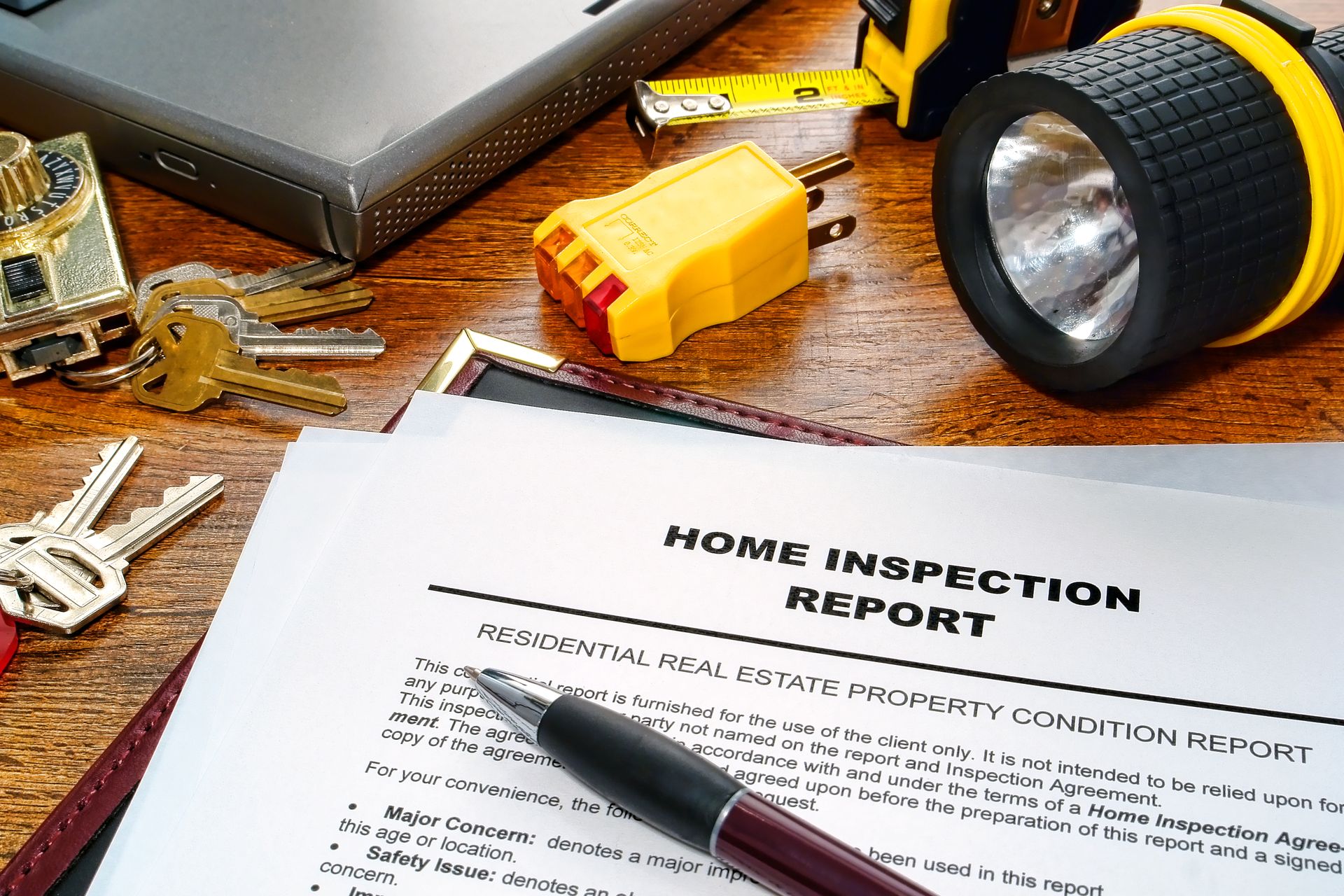Home inspections are absolutely recommended for all. Even all cash, close fast investors sometimes reserve rights of inspection as an escape from potential catastrophic, cost prohibitive situations. A home inspection is quite different from an appraisal. Most sales will involve both. An appraiser is usually working with specific, well-defined guidelines by loan type and they might stay in their lanes of standardized practices established by associations and boards that oversee that specialized license. They establish a current market value based on too many factors to list here. It’s very black and white until it’s not.
An appraiser might determine that a property is valued at whatever price in the current condition or a projected value based on certain repairs/changes being completed first. Those might be referred to as “lender or third party” repairs. Aside from any buyer bought home inspection findings those appraisal required repairs usually must be performed to satisfy the lender. The lender required repairs usually require a second appraiser visit to confirm/approve those now completed repairs, update the report and yes, there is almost always an additional smaller fee for that second visit.
The home inspection is paid for by the buyer directly to the inspector. There may be cases where a seller paid, but I’ve never seen one. It would seem like an epic conflict, but I won’t get caught saying never where real estate is concerned. They all have their own routine, but so many would prefer the buyer be present during the service and pay at the site. This expense is money spent that is rarely recovered if the sale falls out. This and other buyer preferred inspections must be performed timely, typically a set number of days from acceptance of the purchase contract.
The appraisal is typically paid up front by the buyer via the lender who orders it on their behalf. If the seller has agreed to pay a dollar amount of buyer concessions, that appraisal fee might show up as a seller paid item on an eventual settlement statement. If the deal fails at some point the buyer is usually responsible for that expense as that service has been performed. I’ve seen a lender “absorb” some of it a few times, but don’t count on it. The appraiser will be paid by someone.
The same “going to get paid” situation applies to property surveys completed prior to a failed closing. Different people could be on the payment hook depending on the situation. Just know this. Assuming a buyer and seller go under contract together, the most common split along the way can be negotiations based on third party inspections. A good agent will be on high alert for all contract time sensitive action items required of their client. That same agent should be mindful of the ongoing costs for all of it. Who orders the services and who pays? This is the first installment for this. There is plenty to consider. Stay tuned for more…..MS


 Facebook
Facebook
 X
X
 Pinterest
Pinterest
 Copy Link
Copy Link
